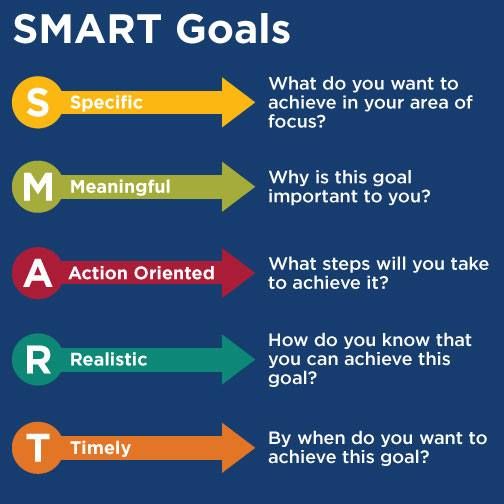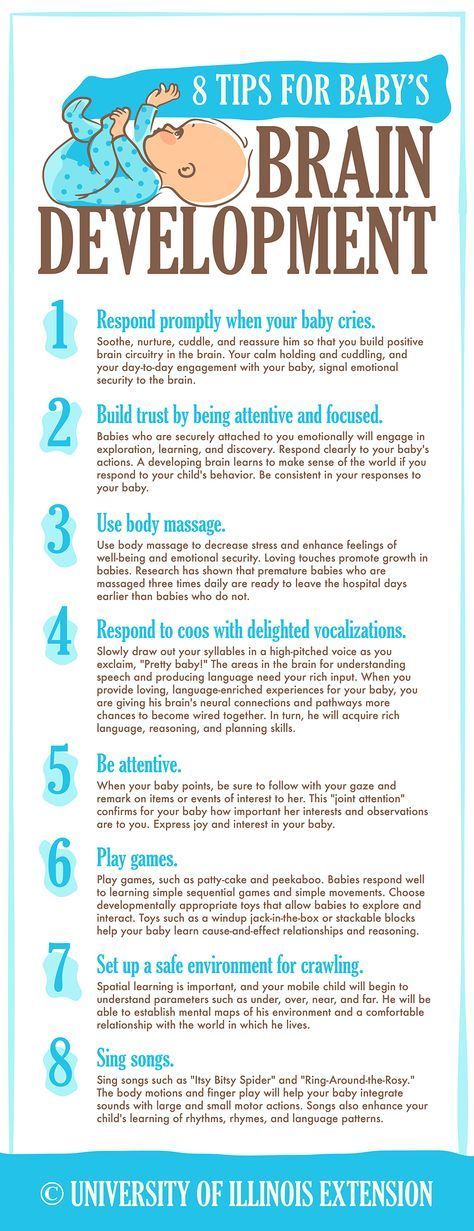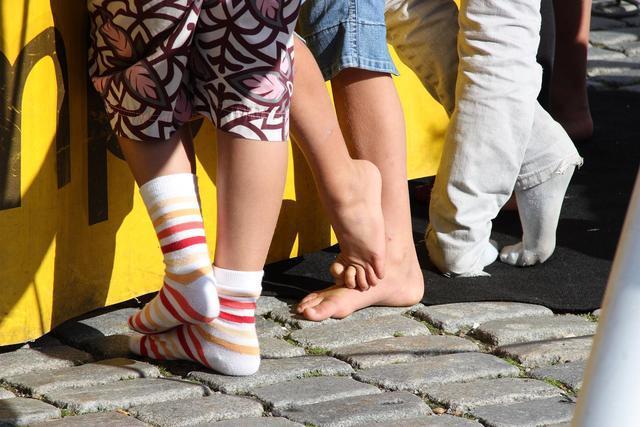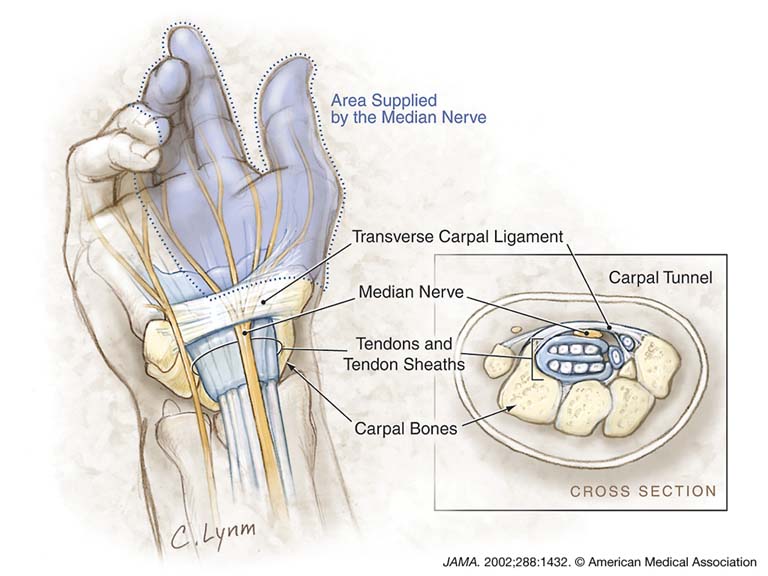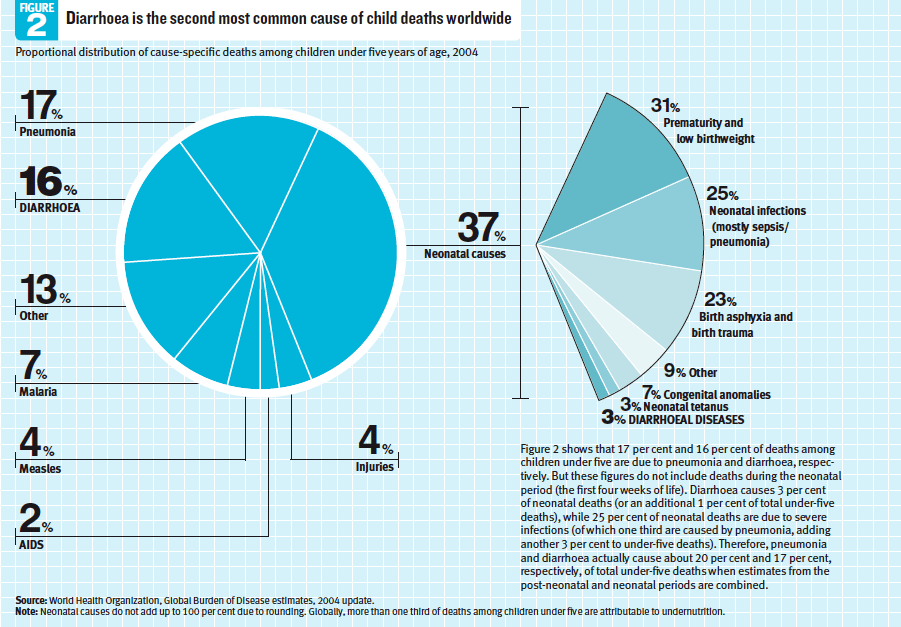How much does it cost to adopt a step child
How Much Does Stepchild Adoption Cost? - Step Parent Adoption for Step Child
Before starting the adoption process, it’s important to consider that this is the very best course of action for your unique situation. Adopting a stepchild can be a beautiful event and will change the course of the future for many people involved. It’s not something to enter into lightly. The child involved will experience monumental changes. His/her last name will change, and he/she will permanently sever any legal ties to that other side of the biological family. But how much does stepchild adoption cost?
It’s possible you would want to consider legal guardianship instead. Legal guardianship will likely not be as costly, and does give the stepparent legal rights to give medical consent, input for education concerns, along with an expectancy to provide food, shelter, and clothing. Again, adopting a stepchild will bring about tremendous change in the lives of all involved. If you are ready for that change, it’s prudent to also be prepared for some of the financial expenses.
Representation and The Biological Parent
You will want to consider whether you will need to hire your own attorney or if you want to represent yourself. If the other biological parent will be uncooperative, you will probably want to hire your own. If the other biological parent is truly absent from your child’s life or is deceased, you might be okay to represent yourself.
You will want to be cautious when trying to prove to the court that the other parent is absent. You have to prove that you have done due diligence to find this person. In some cases, you can also place a missing persons notification in a public newspaper to prove that this parent can not be located and that you have exhausted efforts to find this person.
A lawyer can be appointed by the court to represent your child, if that’s what you choose. Keep in mind, though, that even though the lawyer is court-appointed, there may be a fee involved. If you choose to hire a private attorney, the costs may vary substantially. Overall, the cost of stepchild adoption can vary state to state and ranges from $700-$3,500.
Overall, the cost of stepchild adoption can vary state to state and ranges from $700-$3,500.
Paperwork
You need to file a petition for adoption in the municipality where you and the child to be adopted reside. The filing fee ranges by state and can cost anywhere between $20 and $300.The petition itself is somewhat detailed and courts are specific about how they want the documentation. If any of the information is missing or incorrectly filed, it may result in the delay of your paperwork.
You may ask the clerk at your local courthouse if they can offer you a fill in the blank stepparent adoption form. The fee would be nominal (around $10) for this form. If you believe you will need more assistance than that, you may look online for a Stepparent Adoption Kit. This service ranges from $27 to $325 and you may be able to choose the services you want to receive in an a la carte manner.
Other Fees
Be prepared to pay some other fees. There may be a cost for a social worker to visit your home to conduct a home study. Some cases may require more than one visit. The cost can range from $500-$800 for each visit, however, it is possible to ask the court to waive this requirement in the case of a stepchild adoption.
Some cases may require more than one visit. The cost can range from $500-$800 for each visit, however, it is possible to ask the court to waive this requirement in the case of a stepchild adoption.
Be prepared to pay a nominal fee for a criminal history check (around $20, but can vary).
The court may also ask you to attend family counseling. The cost for counseling can vary, but you may have some control there. Family counseling may be a wise investment even if the court does not order it as your whole family will be undergoing a drastic change.
Last, but not least, (and maybe the most exciting part!): prepare to pay a small fee (around $25 depending on your state) for a new birth certificate! This one will probably bring a tear of joy to your eye since this means that you have crossed the threshold. This seemingly insignificant piece of paper is legal proof that this child now belongs to the stepparent who has chosen to proceed with this option out of the deep love he or she has for this child. If you reach this step, allow me to be the first to congratulate you and wish you the very best. I, too, have been adopted, and I can tell you what a wonderful thing it is to be the recipient of that sacrificial love.
If you reach this step, allow me to be the first to congratulate you and wish you the very best. I, too, have been adopted, and I can tell you what a wonderful thing it is to be the recipient of that sacrificial love.
9 Things To Know When Adopting Your Stepchild
As a stepparent, you’ve become an important adult figure in your stepchild’s life. You provide for that person emotionally and physically. Not only that, but you’ve probably enjoyed many shared experiences together. Now, you might be considering adopting your stepchild. Here are 10 parts of the adoption process to keep in mind.
1. Consider Whether Adoption is Right for Your SituationHeartfelt videos flood the internet with stories of stepchildren presenting their stepparent with adoption papers. At least one person usually cries happy tears, and hugging is definitely involved. If you want to watch a couple of stories, click here and here.
Obviously stepchild adoption is the best route for some families, but it’s not for everyone.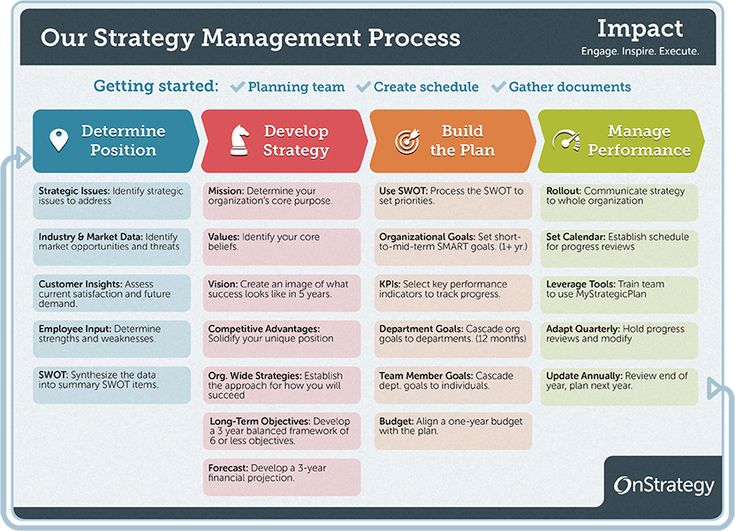 Make sure that you, your spouse, your stepchild, and possibly other children are all emotionally ready for such a big step. Each family has different circumstances and dynamics, and taking the time to consider these factors can save you grief in the future.
Make sure that you, your spouse, your stepchild, and possibly other children are all emotionally ready for such a big step. Each family has different circumstances and dynamics, and taking the time to consider these factors can save you grief in the future.
After all, adoption means that you are legally accepting responsibility for this child. Adoption is often seen as providing stability for the child and can help them to feel safe and wanted in their home and family. In some cases, the adoption will sever links to a parent that is negative toward the child. This can give the child a certain feeling of freedom. Legally binding a stepparent and child can also prevent separation in the case of the child’s birth parent passing away.
It is also important to discuss the ramifications, both good and bad, with your child. With all the viral videos of stepchild proposals, your child can get caught in the romanticism of adoption and be unaware of the legalities of the procedure.
If you’re unsure of whether stepparent adoption is right for you and your stepchild, you can visit this group to find out what others have done.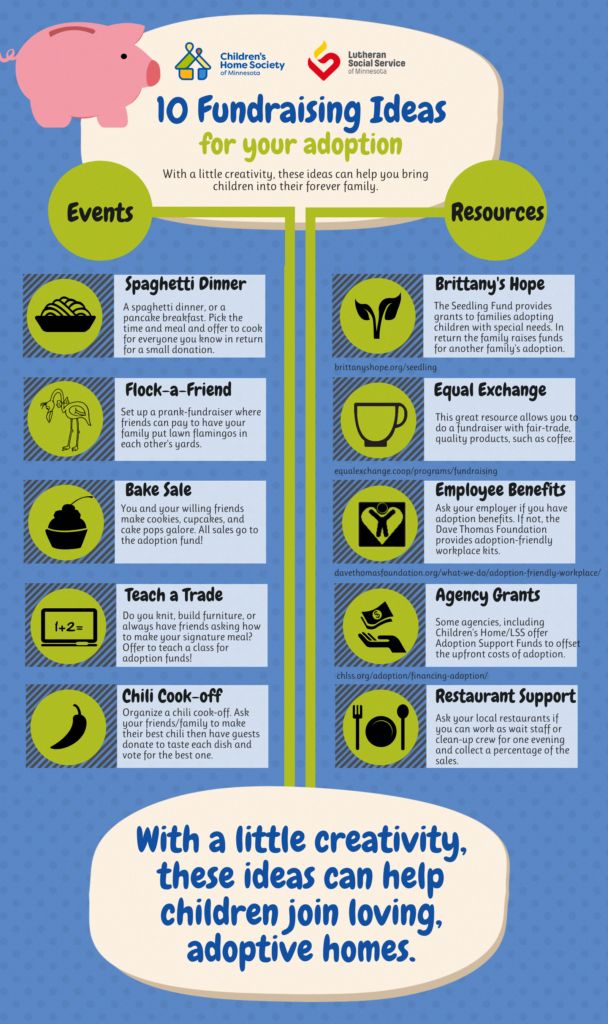 You can also join in these related discussions.
You can also join in these related discussions.
Will you need an attorney? It’s not required, but it can make the process a lot simpler. Take into consideration the fees and your confidence to perform all of the legal work by yourself. In the cases where the adoption is contested, hiring an attorney might be the safest route.
If you’re not certain that you’ll need an attorney, it’s usually possible to get a free legal consultation to consider your options.
If you decide to forgo an attorney and do it yourself, be sure to check your state’s laws for requirements on stepchild adoption. Find others who have gone through the process. It’s possible that they’ll help catch a step that you’ve missed or understand a procedure that you don’t.
3. Permission from the Child’s ParentsBefore you can proceed with the adoption, your stepchild’s parent (not your spouse, but the parent corresponding to your role) needs to sign a consent or waiver of rights. This will terminate any parental rights he or she has to the child.
This will terminate any parental rights he or she has to the child.
If the parent is absent or seems reluctant to give up parental rights, don’t give up. Situations like these are easier to handle with an attorney, but know that it’s still possible to continue forward with the adoption. There are procedures that examine how involved the parent has been in the child’s life and whether the parent is still fit to retain their legal position as the child’s parent.
Some states require a written consent, while others require a court appearance. Some states even require that the parent receive education on his or rights before being able to terminate them. Of course, in the case of abandonment, consent may be difficult to get. Whatever the case, it’s important that parents be given the chance to terminate their rights before you proceed. Unlawful consent will only cause problems, like a revoking of the adoption. Be considerate of feelings. No matter the circumstances, you’re more likely to get what you want if you’re respectful and kind.
In some cases the consent will be difficult to get. Sometimes a parent’s rights can be terminated if the child has not been contacted for a period of time. Other cases will require legal counsel. If you cannot afford legal assistance, you may be eligible for free legal counsel for your child (read on to learn about ad litem).
You may also need to get permission from the child. In most states if the child is older, usually starting between the ages of 10 and 14, the child must give his or her consent to the adoption.
Related DiscussionContested Stepparent Adoption – It is possible to succeed!
4. Petition to AdoptFiling a petition to adopt lets the court system know your intentions. You’ll need to contact your local family court or other court system that handles stepchild adoptions. You will want to verify with them if you can legally represent yourself (if you’re choosing that route) and where you can find the necessary stepchild adoption paperwork.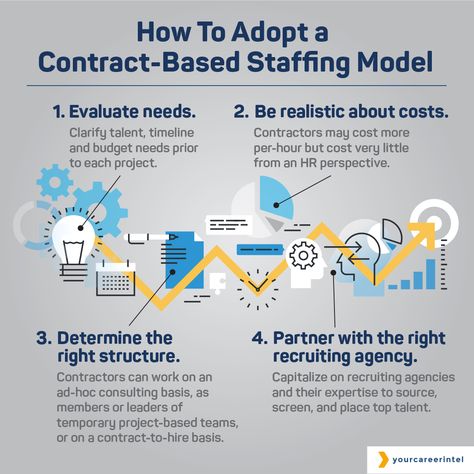 The petition will usually include background information about you and your spouse. This is also the stage where you’ll complete and submit a criminal history background check.
The petition will usually include background information about you and your spouse. This is also the stage where you’ll complete and submit a criminal history background check.
Need help with Petition for Adoption Form
5. Court HearingEven if consent to adopt is given and no one contests your right to adopt the child, you’ll still need to appear in court. You’ll state your desire to adopt your stepchild to a judge. Sometimes the judge may ask the child’s opinion, depending on his or her age.
6. Apply for New Birth CertificateOnce the adoption has been finalized, you will be listed on the amended birth certificate as the child’s parent. If you want to change your child’s last name, this would be the point to do so.
Keep a copy of your child’s original birth certificate. You never know when you’ll need it in the future.
7. Possible Legal Steps to Take Into ConsiderationEvery state and situation has slightly different requirements for adoption proceedings. Here are a few details that you might want to watch out for.
Here are a few details that you might want to watch out for.
How long have you been married? Some states, like Alabama, require the stepparent and parent to be married for a year before the stepparent can apply for adoption.
Most states will not require a home study, which is a way to make sure that your home is a suitable environment for children. Usually, the court trusts that your spouse has good judgment and has decided that you are a good, responsible person. If a home study is required, however, then you can go here to learn more about the process.
Sometimes the judge will ask you to have a Guardian Ad Litem. This person will represent the child in court and make sure that everything is done with the best interests of the child.
8. There Are FeesStepchild adoption is by no means as expensive as regular adoption. The process is much shorter, and the child has likely already established a home life with his or her parents. Still, with the combined cost of legal fees and attorney, be prepared to spend between $1,000 and $3,000, respectively.
How Much Should a Stepparent Adoption Cost?
9. You Don’t Have to Be Alone (Ask for Support)Don’t think that you have to go through the adoption process by yourself. There are a lot of resources and people out there just waiting to be helpful. You might be surprised by what you’ll find!
First, tell your trusted family and friends about the adoption. No matter how smoothly the legal process might go, it can be an emotional time. Having people there to emotionally support the adoption can be a great benefit for everyone involved.
Also, if any of these friends or family have adopted a stepchild, then reach out to them. See what they did.
And even if you don’t personally know anyone who has adopted their stepchild, there are many people out there who have an online presence. Don’t be afraid to ask for help. You can join communities and forums like the ones here and here. Other people have written online guides and resources for stepchild adoption.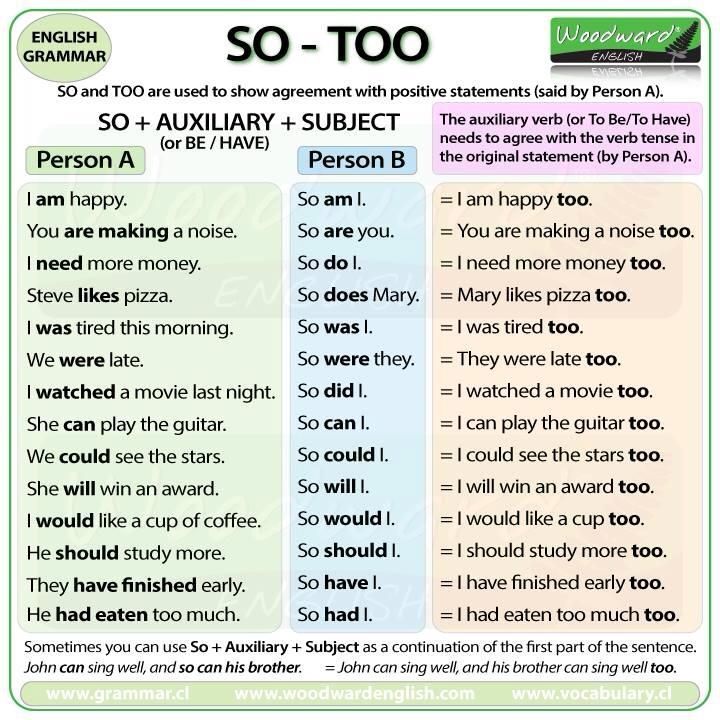 Here’s one you can look at.
Here’s one you can look at.
After step parent adoption…
Adopting Your Stepchild Guide
6 Tips for Bonding with Stepchildren
adoption procedure, conditions, documents, rights and obligations of adoptive parents
Tamara Skokova
creates a benefit for the family
Author profile
As of the beginning of 2021, 37 thousand children were brought up in Russian orphanages.
In the understanding of many people, "to adopt a child" means to take an orphan from an orphanage. However, from a legal point of view, everything is not so simple. Today in Russia there are several forms of family placement for children, and they are regulated differently by law. nine0003
I worked in the guardianship and guardianship authorities for 17 years, 14 of them as a supervisor. In the article I will tell you who and under what conditions has the right to take a child into a family, what documents are required for adoption and how the procedure takes place.
What is adoption of a child
In Russia, there are several forms of placement of orphans and children left without parental care. Federal legislation establishes three main ones: adoption, guardianship and guardianship, foster family. At the regional level, others may be provided, but so far this is only patronage. Briefly describe how they differ from each other. nine0003
Custody and guardianship. The most common form of placement for children: often used as an intermediate step on the path to adoption.
Guardianship and Custody Act
Guardianship is established over children under 14 years of age, and guardianship over minors from 14 to 18 years of age. Guardians and trustees have all the rights and obligations of a legal representative in matters of upbringing, education, maintenance of the child and responsibility for him.
Unlike the guardian, the guardian is liable for harm caused by the ward. He is also obliged to make all transactions on behalf of the ward, except for those that the child can conclude personally: for example, these are donation transactions when a minor receives some thing or money as a gift.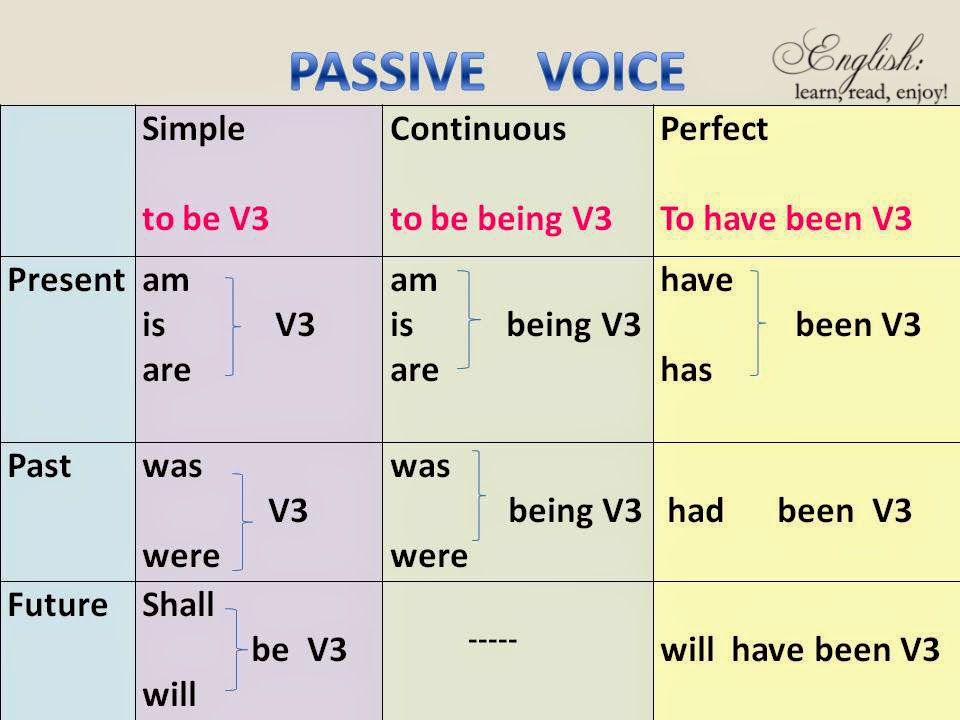 nine0003
nine0003
Art. 1073, paragraph 2 of Art. 26 of the Civil Code of the Russian Federation
The trustee usually must give consent to the transactions of the ward, with a few exceptions: for example, minors aged 14 to 18 years have the right to independently manage their income or make small household transactions.
Art. 12.1 of the Federal Law on state benefits to citizens with children
p. 3 art. 38.1 of the Social Code of the Belgorod Region
Monthly, the guardian and trustee are paid an allowance for the maintenance of an orphan child. Its size depends on the region: for example, in the Belgorod region, where I live, in 2022 the allowance is 10,310 R.
In addition, guardians are entitled to a one-time payment from the federal budget - 22,472.77 RUR. This amount is set for all guardians from the Russian Federation, regardless of place of residence.
Lump-sum allowance when a child is brought up to a family
If a child is brought up by a guardian or custodian, the biological parents are not released from the obligation to support him and must monthly transfer alimony to his personal account: the amount of alimony is determined by the court.
Art. 148, paragraph 2 of Art. 71 SK RF
At the same time, the guardian decides whether the biological parents will be able to communicate with the child, but if the child is 10 years old, then his opinion will also be taken into account.
Art. 148.1 SK RF
Foster family. This form of arrangement is similar to guardianship, but in addition to child support and a lump sum payment, foster parents also receive remuneration for their work.
Art. 152 SK RF
The amount depends on the region of residence. For example, in 2022 in Moscow it is 18,150 R, and if a family accepts a child with a disability, then the amount of the payment will be higher - 30,885 R.
Clause 2.5.1 of Appendix 1 to the Decree of the Government of Moscow on establishing the amount of social payments for 2022
In the Belgorod Region, foster parents are paid 8288 R per month for the first child taken into the family, and for each subsequent adopted child the amount is increased by 20%. If a family accepts up to four children, the remuneration is paid to one of the parents, five or more children to both. In rural areas, there is still a monthly supplement of 25% of the remuneration due to foster parents. Foster parents have more privileges than guardians: they are provided with a 50% discount on utility bills, fuel, gas, telephone. nine0003
If a family accepts up to four children, the remuneration is paid to one of the parents, five or more children to both. In rural areas, there is still a monthly supplement of 25% of the remuneration due to foster parents. Foster parents have more privileges than guardians: they are provided with a 50% discount on utility bills, fuel, gas, telephone. nine0003
paragraph 5 art. 148.1 of the RF IC
Law of the Belgorod Region on Foster Family
Law of the Belgorod Region on Amendments to Article 2 of the Law of the Belgorod Region “On Foster Family”
The seniority can be accrued to both one parent and both - it all depends on who has concluded a civil law contract with guardianship.
Art. 7 Federal Law on compulsory pension insurance
The foster child and biological parents can communicate. Foster parents have the right to prevent this only if communication does not meet the interests of the child.
Section 5, Art. 148.1 SK RF
Patronage .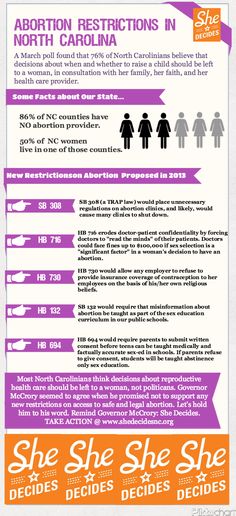 Foster care is a relatively new form of family structure, in which the rights and obligations to protect the rights of children are delimited between the foster caregiver and the guardianship and guardianship authority. Laws supporting patronage have been adopted in 42 constituent entities of the Russian Federation, for example, in Moscow, Vladimir, Kaluga, Ivanovo and Kaliningrad regions. nine0003
Foster care is a relatively new form of family structure, in which the rights and obligations to protect the rights of children are delimited between the foster caregiver and the guardianship and guardianship authority. Laws supporting patronage have been adopted in 42 constituent entities of the Russian Federation, for example, in Moscow, Vladimir, Kaluga, Ivanovo and Kaliningrad regions. nine0003
Laws and regulations on patronage of the Moscow, Vladimir, Kaluga, Ivanovo, Kaliningrad regions shelter.
The child is transferred to foster care under a fixed-term contract. The period of stay in the family is set individually: it can be a short period - up to six months or a long one - over six months. The maximum term is until the minor reaches the age of eighteen. nine0003
For a long time, a child is placed in a foster family only if, for some reason, it is not possible to transfer the child to a guardian, custodian or foster family. In this case, the foster family receives a monthly allowance from the state for the maintenance of the child.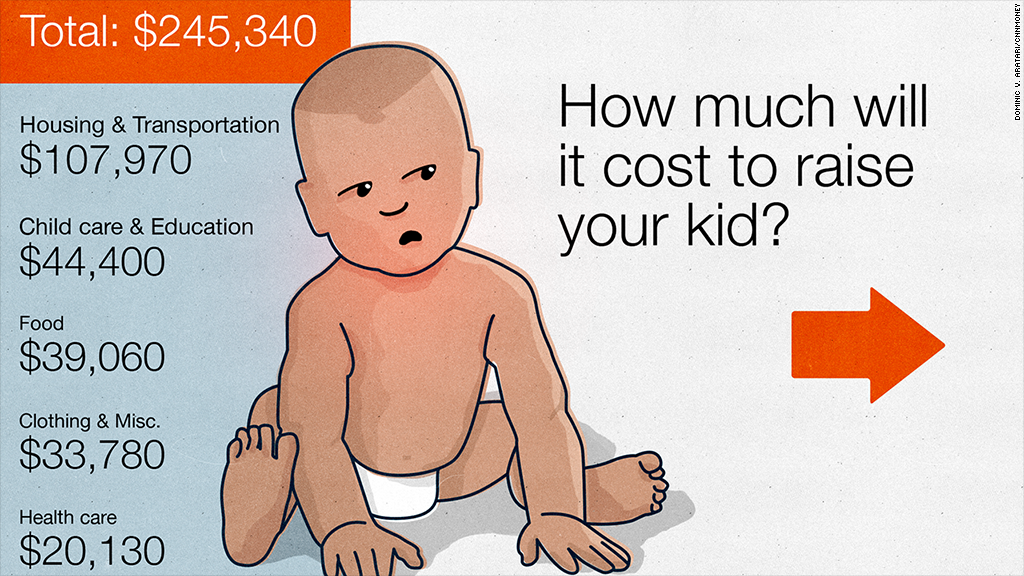 The amount is similar to that allocated for guardianship and guardianship. But the right to receive a one-time allowance when a child is adopted into a family does not apply to foster parents.
The amount is similar to that allocated for guardianship and guardianship. But the right to receive a one-time allowance when a child is adopted into a family does not apply to foster parents.
Foster care gives the child the opportunity to prepare for an independent adult life - this is difficult to do in an orphanage. But this form of arrangement has one big drawback - children often become attached to new families and parting with it causes them stress. With all this, the child does not lose touch with the blood family: he can maintain relations with his parents, if they are not deprived of parental rights and do not pose a danger to him, brothers, sisters and other people significant to him. nine0003
/list/sos-dd/
9 uncomfortable questions about orphans
Adoption. The Family Code of the Russian Federation considers this form of placement of children a priority: only it allows you to most effectively ensure both the interests of the child and the interests of foster parents.
Adoptive parents completely replace the child's parents. Here there is no such temporary nature of upbringing as in guardianship, guardianship or when transferring a child to a foster family. The state does not provide adoptive parents with any special assistance, with the exception of social support measures established in each subject separately, as well as measures that are provided to all families with children on a general basis. nine0003
Adoptive parents can change the child's first and last name. For children under one year old, even the date of birth can be changed, but not more than three months from the actual one. This happens in order to ensure the secrecy of the adoption, as well as for other reasons, if the court considers them valid. In my practice, there was such a case: the spouses raised an adopted boy born on September 8, 2007, and then adopted a girl born on July 25, 2007. The adoptive parents asked the court to change the boy's date of birth to July 25, 2007, so that the children could be considered twins. The court granted the request. nine0003
The court granted the request. nine0003
Art. 139 SK RF
art. 155 of the Criminal Code of the Russian Federation
In many regions, adoptive parents receive benefits for an adopted child. To apply for it, you must apply to the guardianship authorities at the place of residence. For example, in the Belgorod region, the amount of the allowance depends on how much money was allocated for the monthly maintenance of a child in an orphanage in the current year, the adoptive parent is entitled to 50% of this amount. And in the Stavropol Territory, a monthly allowance for adoptive parents is not provided, but a lump sum payment is made - 150,000 R.
cl. 1 art. 60 of the social code of the Belgorod region
art. 2 of the Law of the Stavropol Territory on the amount and procedure for assigning a lump-sum allowance to adoptive parents
In Moscow, the monthly compensation payment to persons who have adopted or adopted an orphan child or a child left without parental care in the city of Moscow is:
- 18 937 R for each child from 0 to 12 years old who is not a disabled child;
- 25,249Р for each child from 12 to 18 years old who is not a child with a disability;
- R 31,561 for each disabled child.
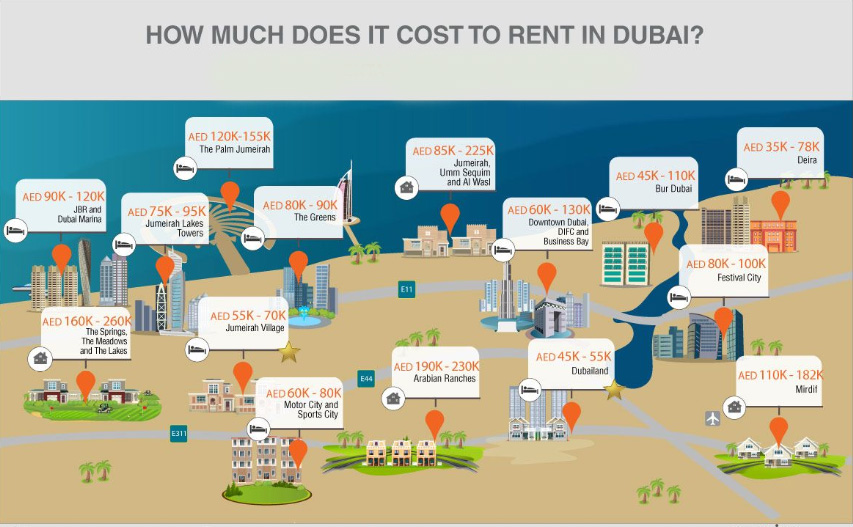
Clause 2.9 of Appendix 1 to the Decree of the Government of Moscow on establishing the amount of social payments for 2022
Also, adoptive parents are entitled to a lump-sum allowance, which is issued for all forms of family placement. From February 1, 2022, this is 20,472.77 R. But in the case of the adoption of a disabled child, a child over seven years old, as well as children who are brothers or sisters, the allowance will be higher - 156,428.66 R. To receive a payment, you need to apply to the Pension Fund at the place of residence. nine0003
Lump-sum allowance when a child is placed in a family for upbringing
What is the difference between the forms of placement of a child in a family
| Form | Who is considered the child's parents | What rights do carers have | What are the duties of caregivers | How the state supports child caregivers |
|---|---|---|---|---|
| Adoption | Adoptive parents | The rights of adoptive parents are identical to those of natural parents | Obligations of adoptive parents are identical to those of natural parents | Adoptive parents receive payments provided by the regional authorities. Also, adoptive parents receive the right to use maternity capital, if it was not used by the birth mother, and all child benefits in accordance with age. A child who at the time of adoption has the right to a pension and benefits due to the death of his parents retains this right after adoption Also, adoptive parents receive the right to use maternity capital, if it was not used by the birth mother, and all child benefits in accordance with age. A child who at the time of adoption has the right to a pension and benefits due to the death of his parents retains this right after adoption |
| Custody and guardianship | Blood family | The guardian or custodian has the right to raise the child and act as his legal representative | Guardians and trustees are obliged to take care of the maintenance of the wards, to provide them with care and treatment, to protect their rights and interests. At the same time, biological parents are not released from the obligation to pay alimony | Guardians and custodians receive a one-time allowance upon adoption of a child into a family, allowance for the maintenance of a ward, alimony payments, survivor's pension, if it is due to the child |
| Foster family | Blood family | Similar rights as under guardianship | Similar duties as under guardianship | The foster family receives a one-time allowance when the child is adopted into the family, a monthly remuneration to the foster parent for the performance of duties and an allowance for the maintenance of the child in the family of the guardian, depending on the legislation of the region, benefits for utilities. The period while the child is in the family is counted towards the foster parents in the insurance period The period while the child is in the family is counted towards the foster parents in the insurance period |
| Patronage | Blood family | Determine the daily routine of the pupil, resolve current issues of the pupil's life in accordance with the plan for the protection of the rights of the child and the concluded agreement | Raise a child, protect his rights and legitimate interests, take care of his health and development | The amount of payment for a foster caregiver is determined by a fixed-term employment contract of the region. The monthly payment to foster care providers for the maintenance of an orphan child or a child left without parental care is established by each region separately |
Adoption
Who is considered the parents of the child
adoptive parents
What rights arise in persons to care for the child
Rights of the adoptive parents are identical to blood parents
What are the obligations to ensure care of child
The obligations of adoptive parents are identical to those of natural parents
How the state supports persons providing care for a child
Adoptive parents receive benefits provided by the regional authorities. Also, adoptive parents receive the right to use maternity capital, if it was not used by the birth mother, and all child benefits in accordance with age. A child who at the time of adoption is entitled to a pension and benefits due to the death of his parents retains this right after adoption
Also, adoptive parents receive the right to use maternity capital, if it was not used by the birth mother, and all child benefits in accordance with age. A child who at the time of adoption is entitled to a pension and benefits due to the death of his parents retains this right after adoption
Guardianship and guardianship
Who is considered the child's parents
Blood family
What rights do caregivers have
A guardian or custodian has the right to raise a child and act as his legal representative.
What obligations do persons who provide care for a child have? At the same time, biological parents are not released from the obligation to pay alimony
How the state supports child caregivers
Guardians and guardians receive a one-time allowance for the adoption of a child into a family, support for the maintenance of a ward, alimony payments, survivor's pension, if the child is entitled to it
Foster family
3
3 Who is considered the child's parents
Blood family
What rights do caregivers have
Similar rights as in guardianship and guardianship
What are the obligations of persons providing care for a child
Similar obligations as in guardianship and custody
How the state supports persons providing care for a child for the performance of duties and allowance for the maintenance of a child in the family of the guardian, depending on the legislation of the region, benefits for utilities. The period while the child is in the family is counted towards the foster parents in the insurance period
The period while the child is in the family is counted towards the foster parents in the insurance period
Employment
Who are considered the parents of the child
Blood family
What rights do caregivers have
Determine the child’s daily routine, resolve current issues of the child’s life in accordance with the contract and child protection plan
What are the responsibilities of those who care for a child
Raise a child, protect his rights and legitimate interests, take care of his health and development
How the state supports child caregivers
The amount of payment for a foster caregiver is determined by the region's fixed-term employment contract. Monthly payment to foster care for the maintenance of an orphan or a child left without parental care is established by each region separately
Who can adopt a child
Married couples or single adults can adopt a child: if citizens are not married to each other, they cannot jointly adopt the same child. nine0003
nine0003
Art. 128 SK RF
Decree of the Government of the Russian Federation on approval of the rules for the transfer of children for adoption
Another important condition is that a man or woman must reach the age of majority, and the age difference between the adopter and the child must be at least 16 years. But if the adoptive parents are a married couple, and the age difference is less than the established norm with only one of them, then the guardianship department may, as an exception, give consent.
Other requirements for an adopter:
- Legal capacity: own and spouse, if any.
- Absence of a conviction for a grave and especially grave crime.
- A health condition that allows you to fulfill parental responsibilities: for example, a child will not be allowed to be adopted by patients with tuberculosis or people with disabilities of the first group.
- Home ownership or rental.
- Substitute parents have a school leaving certificate.

- No information about deprivation or restriction of parental rights, cancellation of adoption, removal from the duties of a guardian. nine0120
If there are several people who want to adopt a child, his relatives will have the priority right, but taking into account the interests of the adoptee: they are expressed in trusting relationships, attachment to relatives, long-term cohabitation.
Community 24.05.22
How is the secrecy of adoption protected in Russia?
Next, I will tell you what documents future parents will need to collect and how the adoption procedure goes.
Step 1
Get to know the guardianship authorities at your place of residence As a rule, there is an adoption specialist in each district municipality. He can work both at the education department and at the department of social protection of the population: this needs to be clarified in the social protection or education authorities at the place of residence.
In some cities, for example, in St. Petersburg, Vladimir, Krasnoyarsk, special adoption and guardianship centers have been created, where future adoptive parents are assisted in paperwork, passing medical examinations, and selecting children. Such an integrated approach greatly simplifies and speeds up the entire procedure. nine0003
Center for Family and Children Assistance, St. Petersburg
Center for the Development of Family Forms of Education, Krasnoyarsk
Center for Psychological, Pedagogical, Medical and Social Assistance, Vladimir
At the first visit, candidates for adoptive parents should simply talk with an employee of the guardianship authority is, in fact, an acquaintance. The task of a specialist is to listen to you, to find out the motive for adoption, to understand how fully you understand the responsibility of such a step, whether your housing, family and material conditions meet the requirements of the law. nine0003
The guardian must explain your future rights and obligations in relation to the adopted child, the procedure for the adoption procedure, answer your questions, and issue the necessary forms, referrals and a list of documents. Here it is:
Here it is:
- A copy of the adoptive parent's marriage certificate, if he is not married, then a copy of the birth certificate: sometimes the court asks him to see if the adoptive parent's surname has changed.
- Passport copies. nine0120
- Original and copy of the medical certificate for each of the adoptive parents.
- Certificate of criminal record or non-conviction.
- When a child is adopted by one of the spouses, the consent of the other spouse or a document confirming that the spouses have terminated family relations and have not lived together for more than a year.
- Certificate from the place of work on the position held and salary, or a copy of the income statement or other document confirming the income of the adoptive parent or family of adoptive parents. nine0120
- Documents confirming the right to use the residential premises or the ownership of the residential premises.
- Certificate of completion of training for persons wishing to adopt a child without parental care into their family.
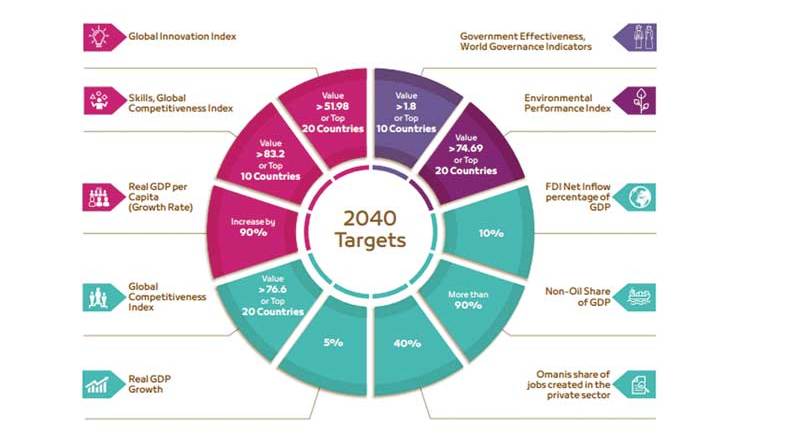
- CV (needed only for the guardianship authority).
The main part of the documents is required to obtain an opinion from the guardianship authorities on the possibility of being an adoptive parent. Later, they will also be needed to apply for adoption to the court. Documents for the child will be prepared by guardianship officials. nine0003
Step 2
Obtain a certificate of no criminal recordI recommend that you start collecting documents from this certificate. Since the request is sent to the Main Information Center of the Ministry of Internal Affairs, a response will have to wait from a week to a month.
An application for issuing a certificate can be filled out at the MFC or independently on the public services portal.
/guide/ne-sudim/
Why do you need a certificate of non-conviction
To order a certificate through the public services portal, you need to go to your personal account and select the public service: "Obtaining a certificate of the presence (absence) of a criminal record.Step 3
Pass a medical examinationPeople without serious health problems can take a child from an orphanage.
The list of diseases preventing adoption includes:
- Tuberculosis - patients of the 2nd and 3rd dispensary groups.
- Infectious diseases.
- Mental illness.
- Drug and alcohol addiction, substance abuse.
- Grade 3 and 4 malignancies.
- The first group of disability. nine0120
List of diseases that make it impossible to adopt a child
The form for referral for a medical examination is issued by the guardianship and guardianship authorities along with a list of documents for adoption.
It will not be possible to pass an examination in private clinics: according to the law, only state medical institutions are engaged in this, and free of charge. The medical report will be valid for six months from the date of its approval by the chief physician or the head of the polyclinic. nine0003
nine0003
Medical examination procedure and conclusion form
What is included in the medical examination - public services website
To avoid misunderstandings, immediately after issuing the completed form, you must carefully check whether everything is in order with the execution. In particular, the conclusion of each doctor must be certified by the round official seal of the institution.
A list of examinations and examinations that you will definitely need to pass. Source: gosuslugi.ru Conclusion form, which is issued to future adoptive parentsStep 4
Obtain a certificate of income and positionAdoptive parents must prove to the specialists of guardianship authorities the ability to financially support the child.
To do this, you will need to provide a certificate from the place of work on salary and position or copies of the income declaration certified by the tax office. The certificate is prepared in free form indicating the salary and other payments for 12 months.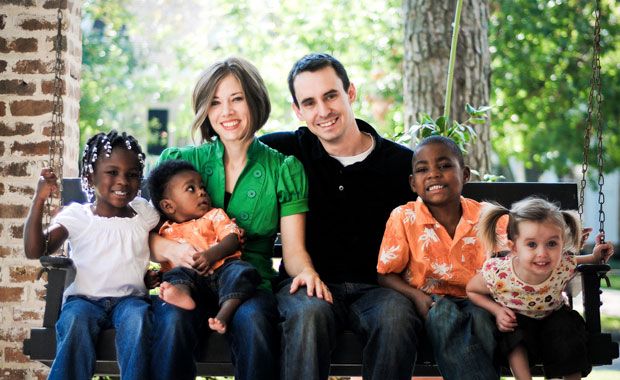
/prava/opecunam/
What rights do guardians have
Step 5
Write a CVCV is only for guardianship. It should reflect the main points of the life path: education, marriages and divorces, labor activity. Based on this information, the specialist judges the stability of the financial and family situation of the candidate for adoptive parents, as well as his experience of communicating with children. An autobiography should not be too voluminous: one or two A4 pages is enough. The document can be either written by hand or printed on a computer. nine0003
CV must include:
- Personal information. Surname, name, patronymic; date and place of birth; information about parents or persons replacing them; information about sisters, brothers, if any; place of permanent registration and address of actual residence, if it differs from the address of registration.
- Education. Basic education - years of study, school number and city where one is located.
 Higher education (if any) - years of study, name of the university, specialty. nine0120
Higher education (if any) - years of study, name of the university, specialty. nine0120 - Professional activity. Beginning of work experience - place of work and profession; listing periods of work and the name of employers, positions. The last place of employment is included with an indication of the position and salary; awards or events that positively characterize the candidate.
- Marital status. Family composition: spouse, children (last name, first name, patronymic, date of birth, occupation). Data on previous marriages and divorces (if any): information about spouses and children born in these marriages; the facts of changing the surname (if any) indicating the reason and the previous surname. nine0120
- Interests and additional information. Creative, sports, achievements in them; participation in public organizations, volunteer movement, awards and promotions; experience working with children or helping elderly relatives.
It is also necessary to briefly explain the reason for contacting the guardianship department.
Step 6
Complete a course or school for adoptive parentsThe list of required documents for adoption includes a certificate of completion of a program of psychological, pedagogical and legal training, or a school for future parents. nine0003
Art. 127 SK RF
Only close relatives of the child, namely grandparents, older full and half brothers and sisters, stepfathers and stepmothers, as well as those who are already a guardian, trustee or adoptive parent, can not be trained.
At school, prospective adoptive parents are helped to understand if they are ready for this serious step, and to figure out what form of guardianship will suit them; introduce the legislation, talk about the psychological difficulties that children and adults face both during the period of adaptation and after. nine0003
The length of study varies from school to school: a course can last from 56 to 80 academic hours. At the end, a final certification is carried out: after it, future adoptive parents will be issued a certificate of completion of training.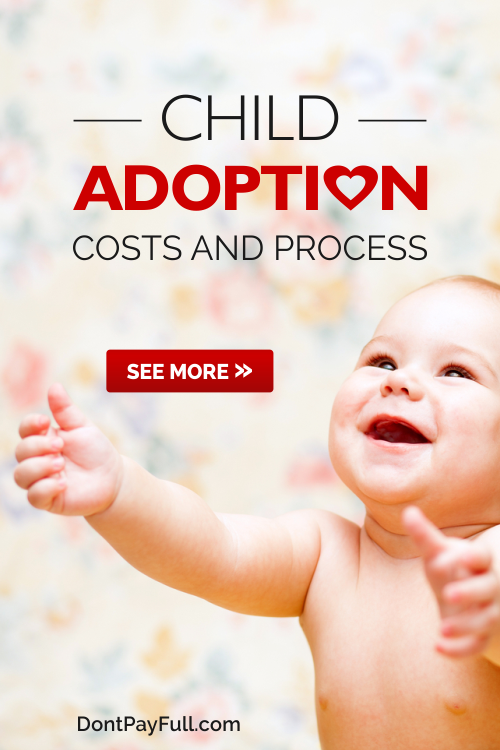
/child-custody/
I took three children from the orphanage
You can study for free at any school, regardless of the place of registration.
Foster Parent School Certificate FormStep 7
Get an act of checking housing conditionsWhen all the documents on the list are collected and transferred to the guardianship authorities, the adoptive parents will be assigned an inspection check of living conditions.
The guardian must inspect the housing and assess whether the child can live there. If other people live in an apartment or house in addition to the adoptive parents, guardianship workers will take an interest in their state of health and the relationship that connects them with the candidates for adoptive parents.
For verification, potential adoptive parents provide:
- An extract from the USRN confirming the ownership of housing or a contract of social or commercial employment.

- Information on the number of residents registered in the housing area.
/guide/get-egrn/
How to get an extract from the USRN
Adoptive parents are not required to provide any other documents other than the above. The conclusion on the possibility of being a candidate for adoptive parents and registration takes place within ten days after checking the housing conditions. nine0003
What should be the place of residence of the adoptive parent. The place of residence of a person wishing to adopt a child does not have to coincide with the place of his registration. But it is necessary to have a permanent registration. If the candidate rents an apartment, he must provide a lease for more than one year. If living with relatives - a written agreement between them for the right to use.
A room in a hostel or apartment cannot be considered a permanent place of residence, no matter how comfortable it may be. nine0003
nine0003
What should be the living conditions. In order for the child to live safely for his health and development, the living space of the adoptive parent must comply with sanitary standards. The main criterion is the availability of communal amenities: water supply, sewerage, central heating, gas supply, and so on.
Guardianship authorities can evaluate this without involving SES, BTI and other third-party organizations.
There are no federal restrictions on the size of housing for adoptive parents - the issue is at the mercy of the regions. For example, in Moscow, there should be at least 18 m² per person. But even when this rule is not observed, the final decision remains with the court: if the adoption is in the interests of the child, permission can be given to families with a smaller apartment area. nine0003
Art. 50 ZhK RF
Law on amendments to the RF IC
Step 8
Find a child for adoption To select a child, candidates can apply, at their choice, to any municipality in whose territory the orphanage is located, to a regional operator that is in each subject of the Russian Federation or in the Federal Data Bank on orphans and children left without parental care. But the law does not prohibit the independent search for a child in orphanages. You can also search for a child before the candidate receives a conclusion on the possibility of being an adoptive parent, but they will not give a referral to view the child until that moment. nine0003
But the law does not prohibit the independent search for a child in orphanages. You can also search for a child before the candidate receives a conclusion on the possibility of being an adoptive parent, but they will not give a referral to view the child until that moment. nine0003
Federal Child Data Bank
When and which child can be adopted. A child who has the status of an orphan, or a child left without parental care, can be adopted at least a day before his or her majority.
Requirements for adoptive parents do not depend on the age of the child they want to take into the family. But if the case concerns a baby, whom the mother abandoned in the maternity hospital, then from her, as a legal representative, an additional statement of consent to adoption will be required. nine0003
Community 26.04.22
Is it possible to adopt an adult?
This is how the statement of consent to adoption looks like, which the biological mother writes in the maternity hospital What are the health groups of children during adoption. Health groups is a scale that determines the state of the body and the development of the child. This information is provided to adoptive parents by the regional operator of the database of orphans.
Health groups is a scale that determines the state of the body and the development of the child. This information is provided to adoptive parents by the regional operator of the database of orphans.
There are five health groups:
- The child is absolutely healthy. nine0120
- Practically healthy children without chronic diseases, but with some functional disorders. For example, children who have had severe and moderate infectious diseases, children with a general delay in physical development without endocrine pathology - short stature, low or overweight. The same group includes frequently ill children and children with noticeable consequences of injuries or operations.
- Children with mild curable pathologies and chronic diseases with rare exacerbations who are in remission at the time of the examination. nine0120
- Children with chronic diseases, injuries or operations that limit the child's life or require supportive care.
- Children with disabilities.

Pathologies in children are not an obstacle to adoption. However, before you take a child with a complex diagnosis, you need to soberly assess the strengths and capabilities. It is better to consult with specialists in advance on how to organize the process of education. You can also discuss this topic with foster parents whose families have children with similar diagnoses. nine0003
In reality, completely healthy orphans are rare. Children of the 1st-2nd health group, as a rule, are babies, who are abandoned in the maternity hospital by very young mothers. Basically, children of the 3rd group are taken to families, and orphans of groups 4-5 more often remain in children's homes.
/plastic-lids-help-kids/
How I became a foster mother to three girls
How is the meeting with the child. After the child is found, prospective adoptive parents go to the guardianship to which the specific institution belongs, or to the operator of the regional data bank through which the information was received, clarify the details and request a referral for a face-to-face visit.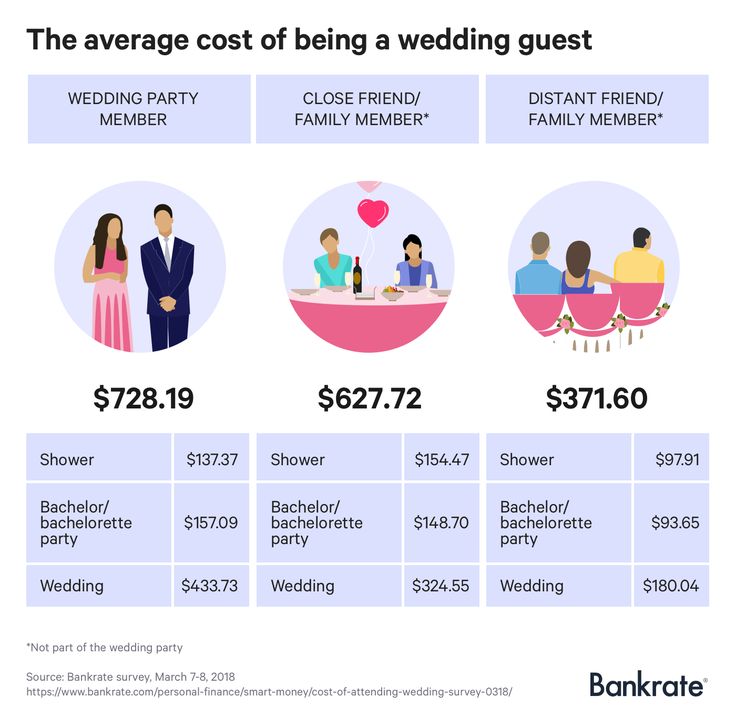 nine0003
nine0003
The referral is valid for 10 days, during this time, future parents can see the child one or more times, talk with his caregivers, pediatrician, psychologist. A conversation with the institution's specialists takes place before meeting the child. If, after this conversation, the failed parents turn around and leave, the child will not be traumatized by failure.
The number of referrals issued is not limited by law, that is, the search continues until the future adopter finds "his" child. A child who is ten years old will also have to express his opinion: agree in writing to a family placement or refuse it. nine0003
Art. 132 SK RF
At the end of the ten-day period, the candidate for adoptive parents will have to write on the referral one of the words that can radically change their future life: “I refuse” or “I agree”. If it was possible to find contact with the child and the consent in the guardianship authorities was recorded, the next step is to file an application with the court.
Step 9
Apply for adoption to the courtThis is a rather formal process: you need to come to the court during office hours, submit the documents according to the list, get their list in your hands and wait for the notice of acceptance of the case for proceedings, appointment of the court date. You don't need to pay state duty. nine0003
sign. 14 p.1 art. 333.36 TC RF
By law, the period for consideration of an application should not exceed two months from the date of its acceptance in the office. But the judges, as a rule, schedule a hearing for the next possible day.
How is the court session. Adoption cases are handled in a special manner. The adoptive parent, the representative of guardianship, the prosecutor and the child, if he is over 14 years old, must necessarily participate in the process.
/prava/prava-deti/
Rights of children under 18 years of age
Usually, a court decision enters into force 10 days after it is issued: only from this time do mutual rights and obligations arise between the adoptive parent and the child. If there are special circumstances and there are no objections on the merits of the case from all the participants, the judge may decide on the immediate execution of the decision: for example, if something threatens the life and health of the child and he needs urgent hospitalization.
If there are special circumstances and there are no objections on the merits of the case from all the participants, the judge may decide on the immediate execution of the decision: for example, if something threatens the life and health of the child and he needs urgent hospitalization.
An adopted baby can be taken home immediately after a positive adoption decision has been made by the court. At the same time, the maternity hospital must issue a postpartum sick leave from the date the decision enters into force when the baby reaches the age of 70 days, and when adopting two or more children - 110 days. A sick leave is needed to apply for maternity leave at the work of one of the adoptive parents. nine0003
Art. 157 of the Labor Code of the Russian Federation
Step 10
Obtain an adoption registration certificateTo do this, you need to contact the registry office: they will issue an adoption certificate and a new birth certificate of the child.
ch.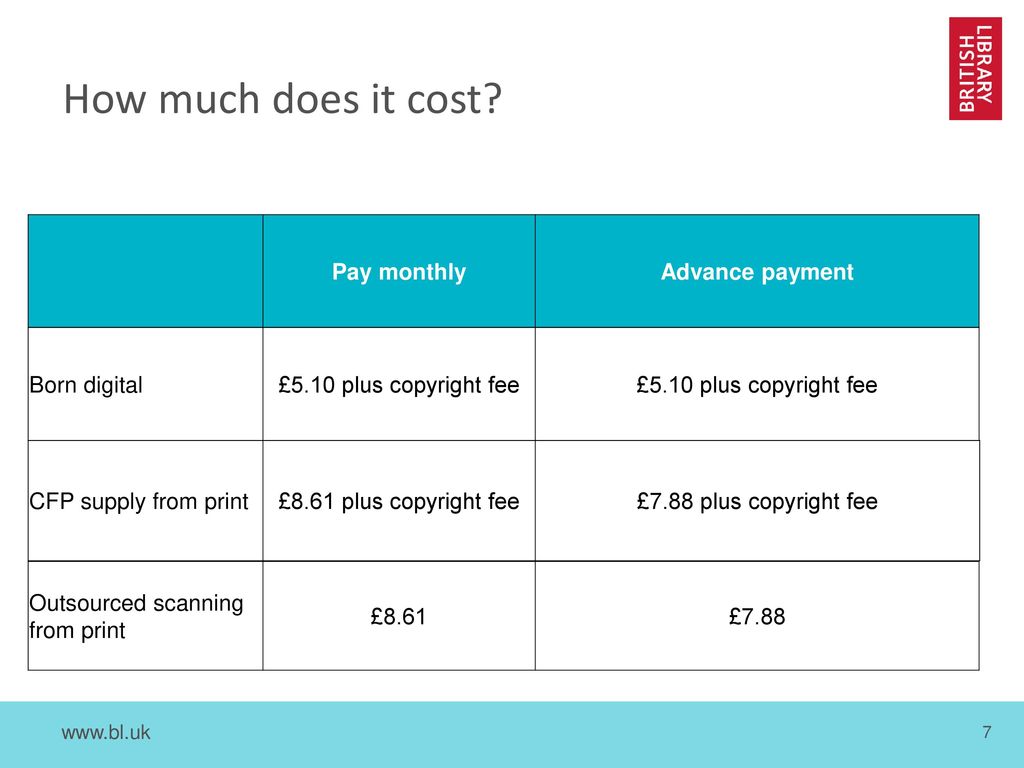 V Federal Law on acts of civil status
V Federal Law on acts of civil status
The child is registered at the place of residence of the adoptive parents.
When can an adoption be canceled and parental rights deprive
Most often, cancellation occurs due to the guilty behavior of the adoptive parents. For example, if they shirk parental responsibilities, abuse their rights, abuse a child, abuse alcohol or take drugs. nine0003
A claim for the annulment of an adoption may be filed by the adoptive parents themselves, the guardianship and guardianship authorities, the prosecutor and the child if he has reached the age of 14.
Art. 142 SK RF
However, the court has the right to cancel the adoption even if there are no violations on the part of the parents.
Such cases include the identification of hereditary developmental abnormalities in a child that make it difficult or impossible to bring up. As a rule, when receiving an expert medical opinion on an adoptee, the future adopter confirms in writing his consent to familiarize himself with the diagnosis of the child and the history of the mother. If the violation was not listed in the document and appeared later, or the adopter for some reason was not notified under the signature about the presence of a pathology in the child, the adoption may be canceled. nine0003
If the violation was not listed in the document and appeared later, or the adopter for some reason was not notified under the signature about the presence of a pathology in the child, the adoption may be canceled. nine0003
/guide/lishenie-parent/
Why they can deprive of parental rights
But in practice, I came across the fact that foster parents became attached to children and even when a serious illness was detected, they left them in the family.
Adoption in brief
- Before adopting a child, you need to analyze your motives, weigh the pros and cons.
- When visiting guardianship authorities and other authorities, be sure to ask and write down the last name, first name, patronymic of the specialist, as well as his position. You are required to provide this information. This way you will show that you are competent in matters of communication with officials and are able to appeal against illegal actions.
 In the future, this may be useful for contacting higher and regulatory authorities. nine0120
In the future, this may be useful for contacting higher and regulatory authorities. nine0120 - Submission of applications, medical examinations of adoptive parents and children, obtaining all certificates - all this is free of charge for future adoptive parents. The court fee is also not charged.
- You can study at any school for foster parents, regardless of the place of registration.
- A child can be adopted not only by a married couple, but also by unmarried persons. The main thing is that they comply with the requirements established by law.
- The conclusion on the possibility of being a candidate for adoptive parents is valid for two years. nine0120
answers » Official website of the urban district of the Arkhangelsk region "Mirny"
QUESTION: Can people who are able to give birth or already have children adopt? If not, is it required to provide a certificate of impossibility to give birth to the guardianship authorities?
Surely they can! There is not a single legal restriction on adoption by people who are able to give birth and / or have children, relatives and / or adopted children, guardians, etc.
It happens, nevertheless, that applicants for adoptive parents are required to provide a certificate of infertility. However, this is completely illegal. In this case, you should demand from the guardianship specialist a regulatory document on the basis of which such a requirement is made. You can demand a written request from the guardianship authorities to the medical institution to obtain such a certificate, but with this request, do not go to the medical institution, but contact a higher authority or the district prosecutor's office to challenge this illegal requirement. nine0003
OUR OPINION: It would be terrible if someone came up with the idea to ban people who already have children from adopting. Such adoptive parents are perhaps the most valuable, they also have experience in upbringing, and the environment contributes to a better adaptation of the child, they less often insist on secrecy and more often take older children.
QUESTION: Can a single person adopt a child?
Yes, maybe.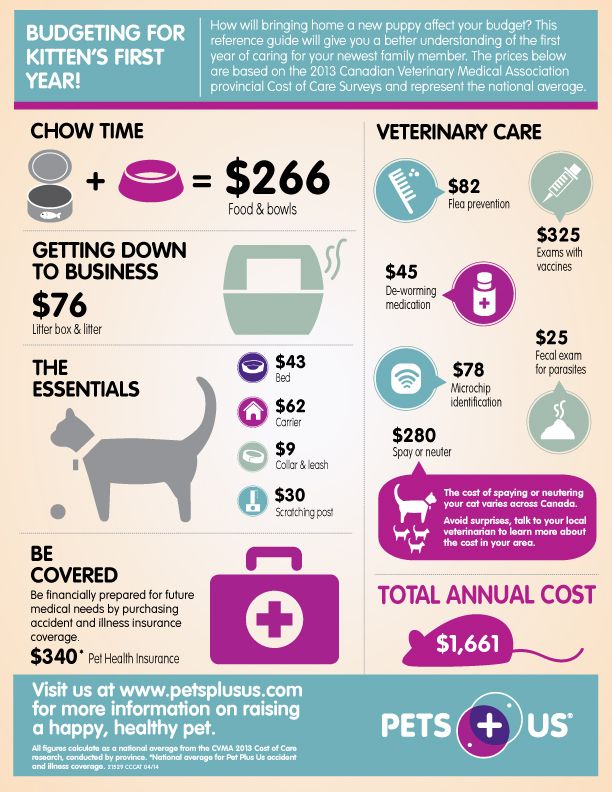 The legislation provides for adoption by a married couple, one of the spouses or a single, unmarried adoptive parent. The difference in procedure is minimal: a married couple presents a marriage certificate to the court, a single adoptive parent - a birth certificate. nine0003
The legislation provides for adoption by a married couple, one of the spouses or a single, unmarried adoptive parent. The difference in procedure is minimal: a married couple presents a marriage certificate to the court, a single adoptive parent - a birth certificate. nine0003
It should be noted that the guardianship authorities treat single adoptive parents more carefully, carefully study the motives for adoption and the family situation in the candidate's house.
In addition, the Family Code (clause 2, art. 127 of the RF IC) prohibits persons who are not married to each other from jointly adopting the same child.
OUR OPINION: In some countries where there are enough willing to adopt, there are such restrictions and only a married couple can adopt. Such requirements are justified: a single parent faces great difficulties in raising and providing for a child. Incomplete families are at risk, and first you should think very carefully whether you can cope with psychological and financial difficulties, give a full-fledged upbringing to a child, whether your “rear” is strong enough for this and whether the risk is justified. nine0003
nine0003
QUESTION: What are the age limits for adoptive parents and guardians?
Only adult citizens can adopt, there are no upper legal age limits for adoptive parents and guardians. The legislation does not stipulate the minimum age for custody or adoption of children. There is only a restriction on the minimum age difference between a single adoptive parent and a child - it must be at least 16 years old (clause 1, article 128 of the RF IC). nine0003
OUR OPINION: In addition to the norms of the law, it is necessary to take into account one's own possibilities for the future, the perception of others, and after a very short time - the opinion of the child. First of all, difficulties arise with the fact that the needs of the child increase with age both in material terms and in terms of active communication. The hardest thing for parents is with teenagers - they need to buy expensive fashionable clothes, spend money on additional classes, etc., be flexible and have a reserve of strength and patience in order to actively participate in the life of a teenager, otherwise his life will fill the street.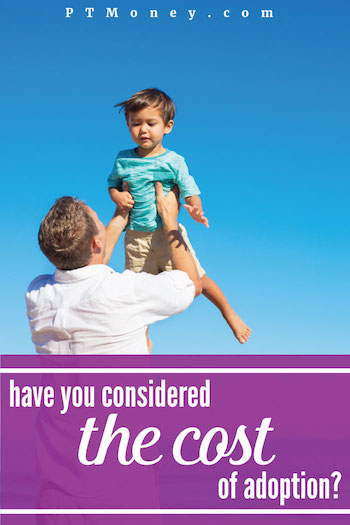 No matter how much we want to be distracted from our own age, no matter what forces and intentions guide us, we must understand that age matters. nine0003
No matter how much we want to be distracted from our own age, no matter what forces and intentions guide us, we must understand that age matters. nine0003
It would be wise for adoptive parents to focus on older children and, for starters, choose such a form of arrangement as guardianship, since it allows both the guardian and the child to receive support from the state (payment for the maintenance of the child, material assistance upon exit from under guardianship, benefits for admission to a university, provision of housing if the child is not already assigned, etc.).
QUESTION: How much does it cost to adopt a child for Russian citizens?
All adoption procedures are free of charge. Submission of applications, medical examinations of candidates and children, obtaining all certificates - everything is free. No court fee is charged.
However, the costs associated with adoption are unavoidable. It is worth considering the costs of: transportation, if you have to look for a child in another area, and temporary accommodation there; perhaps the services of lawyers and hiring a lawyer to participate in court; and, of course, preparing the house for the adoption of a child: the purchase of furniture, clothes, toys, books, etc. nine0003
nine0003
QUESTION: I heard that there is a long waiting list for adoption. Is it so?
No, it is not. Unfortunately, there are many more abandoned children than those who want to adopt them. Whether or not you have to stand in line depends on the requirements you place on your child. Very often, adoptive parents want to adopt an absolutely healthy newborn girl with light eyes and hair. But there are few such children, and there are many who want to take just such a child. Some want to resort to imitation pregnancy, and picking up a newborn baby is even more difficult. nine0003
On the other hand, there are a lot of unclaimed children who are slightly older or have minor health problems that leave them without parents. Therefore, one should either prepare for an indefinite waiting period for a suitable child, or yield somewhat in their demands. Moreover, getting into a warm home environment filled with love and care, any child flourishes, and medical problems are compensated.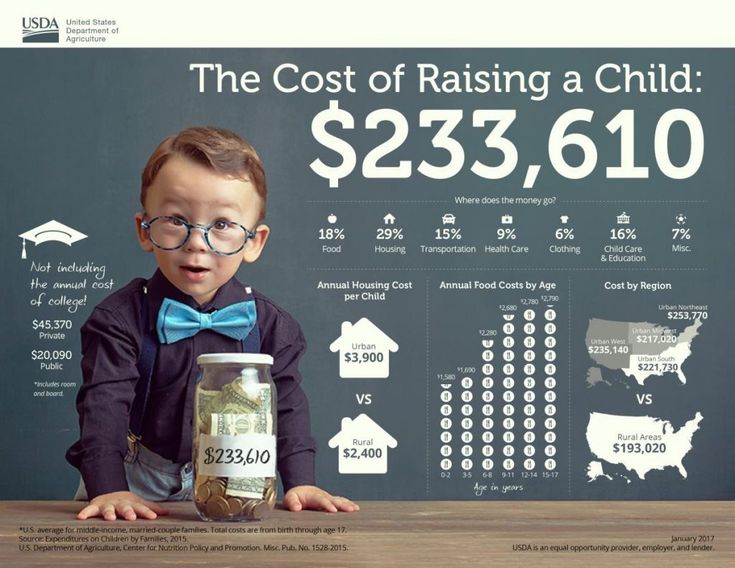
QUESTION: What housing benefits do adoptive parents receive? nine0003
There are no such benefits for adoptive parents. Moreover, the requirements for adoptive parents include the requirement to have a living space sufficient to accommodate a child in compliance with current sanitary standards. Additional living space or a house can only be provided to foster families who, under an agreement with local authorities, take several children to raise. Recently, some regions have adopted laws to support adoptive parents, according to which successful families can be allocated additional housing for adopted children. If the adoption is canceled, this housing remains with the child, and not with the former adoptive parents. nine0003
QUESTION: Guardianship authorities, what is this and where?
"Guardianship and guardianship authorities" is the general name of all bodies that ensure the protection of children's rights.
Specialists in the protection of the rights of children of local self-government bodies work directly with adoptive parents, guardians, foster families (clause 2, article 121 of the RF IC). In our city, specialists of the guardianship and guardianship authority are located at: st. Lenina, d. 33, room. No. 207; Reception days: Tuesday: 9.00-13.00; Thursday: 14.30-17.00. Contact phone: 5-04-20. nine0003
In our city, specialists of the guardianship and guardianship authority are located at: st. Lenina, d. 33, room. No. 207; Reception days: Tuesday: 9.00-13.00; Thursday: 14.30-17.00. Contact phone: 5-04-20. nine0003
The duties of the guardianship authorities, among many others, include: identifying children in need of protection, placing them in institutions and families, protecting property rights, checking the situation of children.
When working with adoptive parents, guardians and foster families, specialist:
- Keeps records of citizens who have expressed a desire to become adoptive parents / guardians / create a foster family (hereinafter referred to as candidates).
- Advise candidates.
- Conducts a survey of their living conditions and gives an opinion on the possibility of being adoptive parents / guardians. nine0120
- Provides assistance to adoptive parents in the selection of a child.
- Prepares an opinion for the court on the advisability of adopting a child chosen by the adoptive parents;
- Prepares documents for children transferred to families, an order for the transfer of a child under guardianship and documents for the appointment of a guardianship allowance.
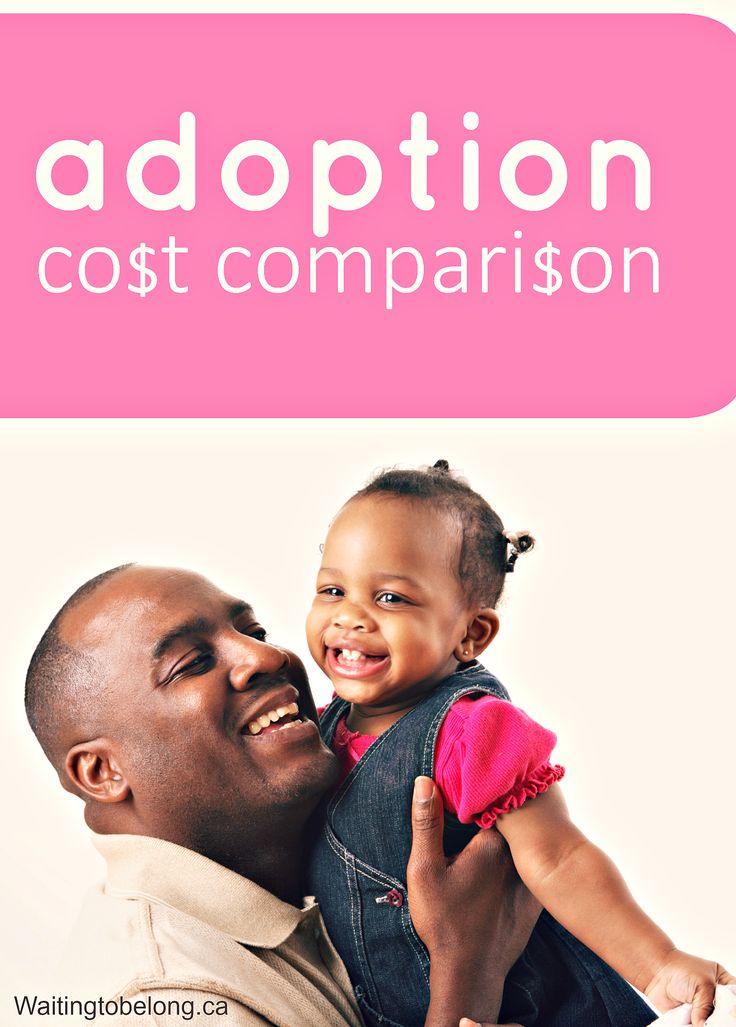
- Provides assistance to guardians and foster parents in education, organization of summer holidays.
- Monitors the living conditions and health of wards and adopted children. nine0120
- If necessary, prepares draft administrative documents on the release, removal of guardians from the performance of their duties, cancellation of adoption.
QUESTION: Can I adopt an adult?
Alas, the adoption of adults in Russian law is not provided. First of all, because adoption in Russia is seen as a way to protect children left without parental care, giving them a home, family and homeland. Adoption of adults was widespread in the ancient world, especially during the imperial period of Rome. Thus, property rights, patrimonial privileges and titles were transferred there. Now in some countries the adoption of adults is still preserved, for example in Japan. nine0003
QUESTION: Is there a big risk that the birth mother will persistently look for the adopted child and try to take it away from me?
Such cases are quite rare and occur more often when adoptive parents violate the elementary foundations of ethics. First of all, this happens when childless spouses, wishing to adopt a healthy newborn from a young or distressed mother, seek out unscrupulous doctors who promise to find such a child. By persuasion, and sometimes by deceit, they contribute to the thoughtless abandonment of the mother from her child. Subsequently, having matured, having come out of the crisis, such a mother, and often all her relatives, start searching for the child and even sue to cancel the adoption, and the adoptive parents are forced to hide, explain to the guardianship authorities, the grown child, or may become a victim of blackmail. nine0003
First of all, this happens when childless spouses, wishing to adopt a healthy newborn from a young or distressed mother, seek out unscrupulous doctors who promise to find such a child. By persuasion, and sometimes by deceit, they contribute to the thoughtless abandonment of the mother from her child. Subsequently, having matured, having come out of the crisis, such a mother, and often all her relatives, start searching for the child and even sue to cancel the adoption, and the adoptive parents are forced to hide, explain to the guardianship authorities, the grown child, or may become a victim of blackmail. nine0003
QUESTION: What is the procedure for adopting a wife's (husband's) child?
The procedure differs little from a regular adoption. However, since the child is known and the wife (husband) agrees to the adoption, the guardianship authorities do not need to draw up a separate Conclusion on the possibility of being an adoptive parent and there is no need to contact the database operator with a request to search for the child and you can immediately go to court, which means the whole procedure will pass much faster, most stepfathers of such adoptions do not take more than 1-2 months. It will be enough for you to write one application instead of three, which is much faster. For stepfathers and stepmothers, there are no housing requirements (clause 12 of article 127 of the UK) and restrictions on the age difference between the adopter and the adoptee (clause 2 of article 128 of the RF IC). Keep in mind that if the father (mother) of the child has died, then at the request of relatives on the father's side, their rights can be preserved by a court decision. nine0003
It will be enough for you to write one application instead of three, which is much faster. For stepfathers and stepmothers, there are no housing requirements (clause 12 of article 127 of the UK) and restrictions on the age difference between the adopter and the adoptee (clause 2 of article 128 of the RF IC). Keep in mind that if the father (mother) of the child has died, then at the request of relatives on the father's side, their rights can be preserved by a court decision. nine0003
QUESTION: We have no time to deal with paperwork and search for a child, but we are wealthy people and we can pay for the services of a company, where can we turn?
Intermediary services in the selection of children for adoption are prohibited by law and there are no legal organizations, except for guardianship authorities and regional operators, authorized for such activities (Article 126.1 of the RF IC), in addition, the adoption procedure is structured in such a way that the most important and time-consuming stages are: medical examination, choice of a child, acquaintance with him and his documents, participation in court, adoptive parents are required to go through personally! nine0003
QUESTION: What is the first step in adoption?
The first step is to apply to the guardianship authorities at your place of residence to obtain a Conclusion on the possibility of being an adoptive parent.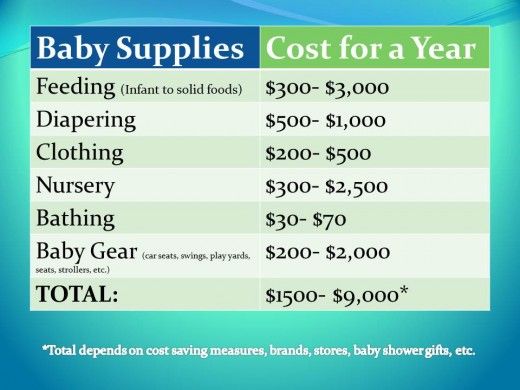
The task of the specialist is to listen to you, find out the motive for adoption, explain the requirements of the law, the rights and obligations of adoptive parents in relation to the adopted child, outline the sequence of the registration procedure, answer your questions and issue the necessary forms.
Don't be surprised if you get a cold welcome at first. The fact is that quite often people with serious mental problems or unscrupulous people apply for adoption, which requires the specialist to always be on guard. In addition, in addition to working with adoptive parents, he has a lot of other responsibilities and very often he simply lacks the time and patience. It happens to get on a specialist who is illiterate and does not care about the interests of children. Therefore, it makes sense to start with an independent study of the law and understand for yourself the requirements and restrictions for candidates, the rights and obligations of guardianship authorities and yours. In order not to be ignored in the guardianship authorities, prepare an application in advance with a request to give a Conclusion on the possibility of being an adoptive parent (s) in triplicate. Submit the first copy to the office of the institution where the specialist department is located. The second will remain with you, and on it the office is obliged to put a stamp on admission, indicating the date, incoming number and name of the recipient. Give the third copy to a specialist so that he can start working with you immediately, and not wait for someone coming from the office. Ideally, if you can immediately bring at least some of the documents required by the list, at least be sure to bring copies. nine0003
In order not to be ignored in the guardianship authorities, prepare an application in advance with a request to give a Conclusion on the possibility of being an adoptive parent (s) in triplicate. Submit the first copy to the office of the institution where the specialist department is located. The second will remain with you, and on it the office is obliged to put a stamp on admission, indicating the date, incoming number and name of the recipient. Give the third copy to a specialist so that he can start working with you immediately, and not wait for someone coming from the office. Ideally, if you can immediately bring at least some of the documents required by the list, at least be sure to bring copies. nine0003
OUR OPINION: Well prepared, you will feel much more confident. Speaking the same language as a specialist will make it easier for you to communicate and convey the subtleties of your situation, and a negligent specialist will be much less likely to ignore you.
QUESTION: In what terms and from what moment should the application of citizens intending to adopt be considered in the guardianship authorities?
The law establishes a period of 15 working days (Government Decree No. 275, art. 9) from the moment of acceptance of the application and the necessary documents prepared by the future adopter. This period includes consideration, verification of these documents, examination of living conditions (if the adopter actually lives in this territory) and the issuance of a conclusion on the possibility of being an adoptive parent.
275, art. 9) from the moment of acceptance of the application and the necessary documents prepared by the future adopter. This period includes consideration, verification of these documents, examination of living conditions (if the adopter actually lives in this territory) and the issuance of a conclusion on the possibility of being an adoptive parent.
The guardianship and guardianship body shall bring to the attention of the applicant a negative conclusion and, based on it, a refusal to register as candidates for adoptive parents within 5 days from the date of its signing. At the same time, all documents are returned to the applicant and the procedure for appealing the decision is explained. nine0003
QUESTION: Our chosen child has two older brothers, can we adopt only the younger girl?
The law allows children to be separated only as a last resort, when the children do not know each other or one of the separated children is disabled and is in a specialized institution and the adoption of one of them is in his interests.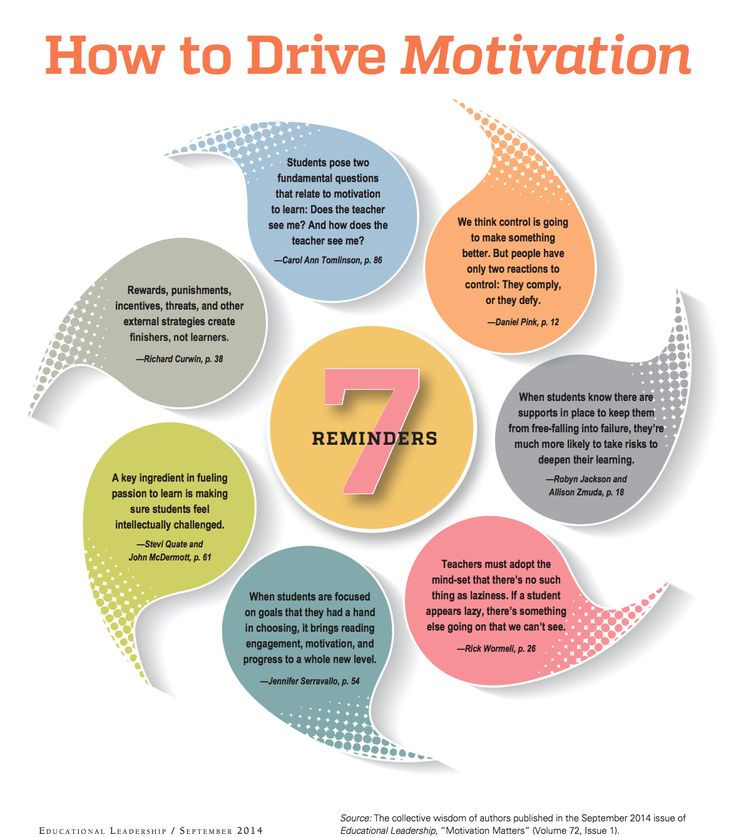 The interests of the adoptive parents are not taken into account, since adoption is a form of protection for children. However, such a requirement is presented only in case of adoption (adoption). it destroys family ties and decides on the possibility or impossibility of such adoption by the court. However, the separation of children is allowed when establishing guardianship, since in this case the children do not lose family ties with each other. Nevertheless, even when establishing guardianship, they still try not to separate children if they are brought up in the same institution and are attached to each other. nine0003
The interests of the adoptive parents are not taken into account, since adoption is a form of protection for children. However, such a requirement is presented only in case of adoption (adoption). it destroys family ties and decides on the possibility or impossibility of such adoption by the court. However, the separation of children is allowed when establishing guardianship, since in this case the children do not lose family ties with each other. Nevertheless, even when establishing guardianship, they still try not to separate children if they are brought up in the same institution and are attached to each other. nine0003
QUESTION: Can the selected child be taken home before the trial?
Sometimes this is possible, but it depends on many factors. First of all, from the state of paperwork, the time remaining until the trial and the type of institution in which the child is located. It is most difficult to take a child adopted from home, mainly because this is a medical institution, the children there are small, doctors try to limit the contact of children with strangers in order to exclude diseases of children, and all the troubles associated with subsequent quarantine.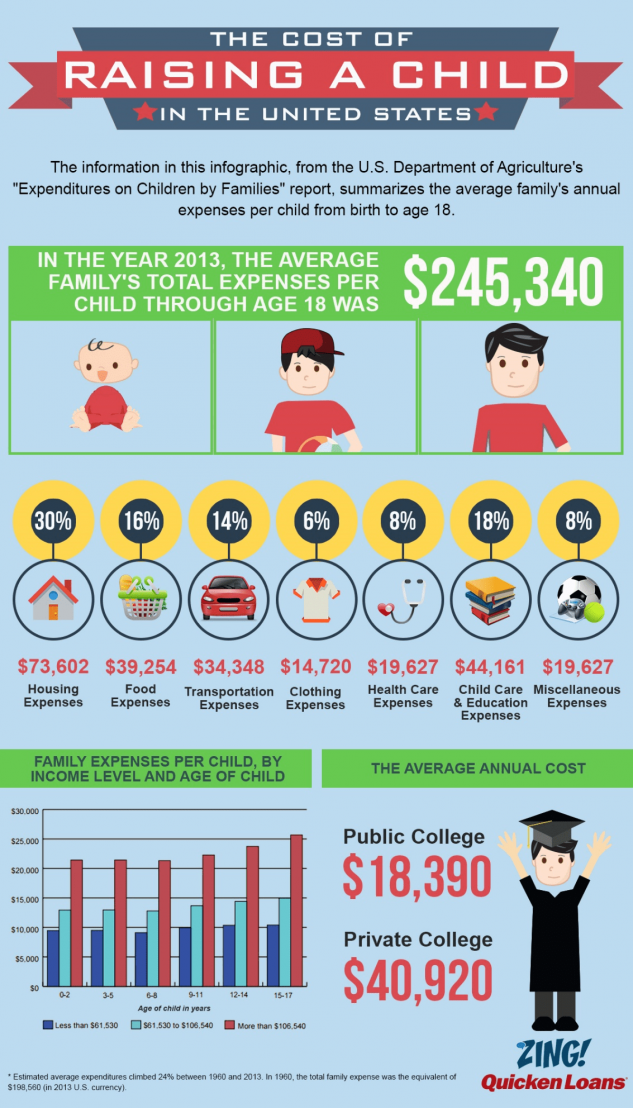 Therefore, fearing the situation while the child will be with you on "bird rights", doctors may not allow this - after all, the responsibility lies entirely with them! Another thing is older children who are in orphanages, orphanages or hospitals. nine0003
Therefore, fearing the situation while the child will be with you on "bird rights", doctors may not allow this - after all, the responsibility lies entirely with them! Another thing is older children who are in orphanages, orphanages or hospitals. nine0003
If all the documents have been prepared, there are no fundamental problems left and it is only necessary to wait for the court, then everything is decided by the type of institution and the human factor: how the director of this children's institution and the specialist of guardianship authorities treat you. With a trusting relationship, you can hope that, with the consent of guardianship, the child will be transferred to you as a visitor (for adaptation) before the trial.
OUR OPINION: Each such situation is very individual. Despite your keen desire to quickly take the child into the house, still try to take into account the interests and understand the positions of all parties, and, first of all, the interests of the child.